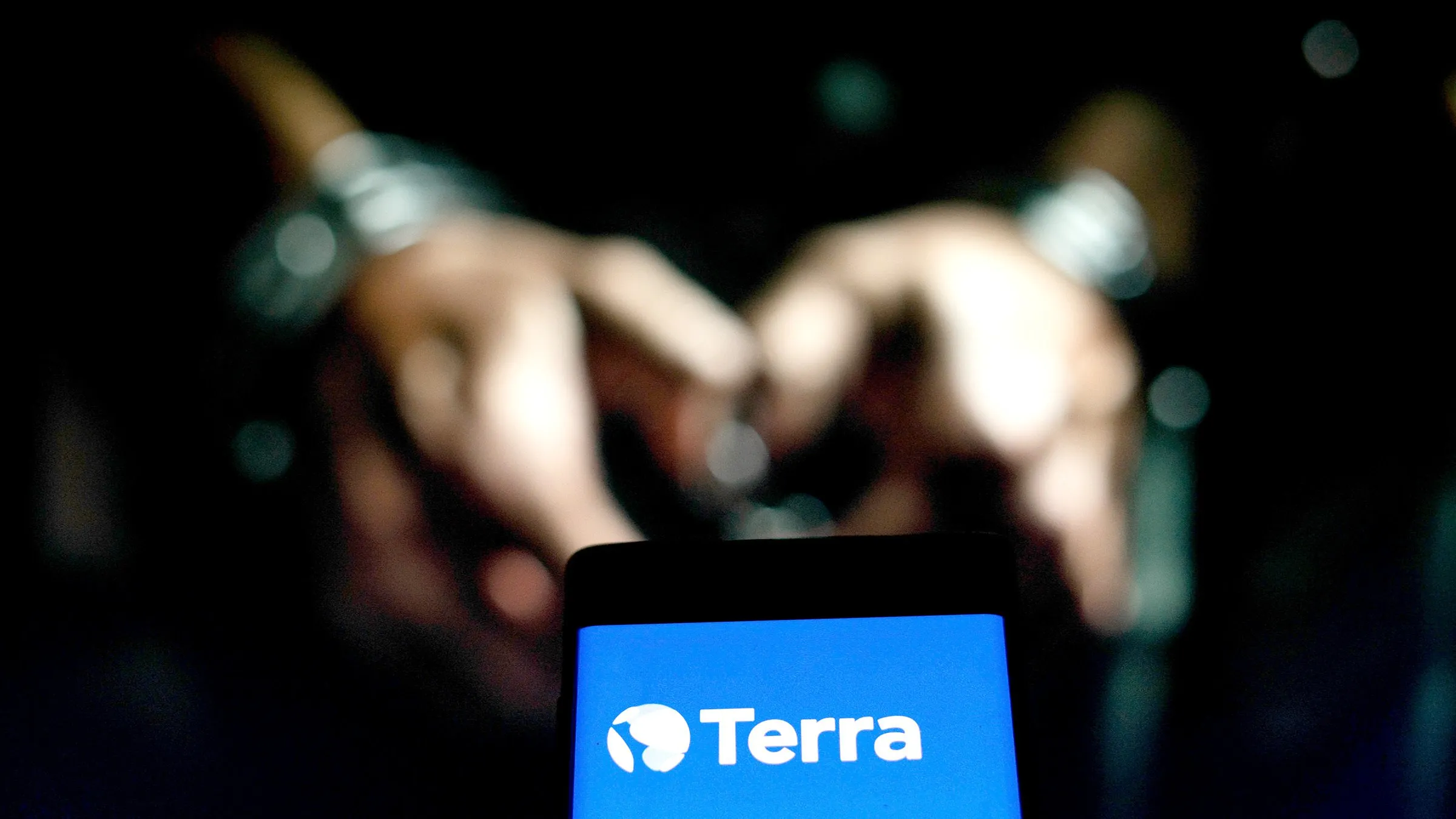Terraform Labs co-founder and CEO Do Hyeong Kwon has requested that charges brought against him by the Securities and Exchange Commission (SEC) be dismissed, according to court documents filed Friday.
In his motion to have the SEC charges dismissed, Kwon argued the SEC’s claims are invalid, pushing back against the agency’s position that tokens including MIR, LUNA, and UST are securities.
Now a South Korean court has ruled that, at least when it comes to Terra governance token LUNA, he's right. South Korean publication Ilyo Shinmum reported Monday that a court said that Terra Classic (LUNC)—the rebranded version of LUNA—is not a security.
Additionally, Kwon’s counsel said the agency lacked the proper jurisdiction to bring charges against Kwon and Terraform Labs because Terra's tokens and projects were “aimed at the world” and did not specifically target U.S. investors.
The financial watchdog’s lawsuit, filed last month, charged Kwon and the Singapore-based Terraform Labs with violating securities laws. It accuses the two of causing “devastating losses for investors” after offering them unregistered securities and making fraudulent statements about Terra’s governance token (LUNA) and algorithmic stablecoin TerraUSD (UST).
The SEC’s actions against Kwon and the company he co-founded preempted his arrest in Montenegro, where he currently faces extradition. South Korean authorities issued an arrest warrant for Kwon in September and U.S. federal prosecutors unveiled criminal charges against him shortly after he was arrested a month ago.
The SEC’s complaint against Kwon not only touches on Terra’s LUNA and UST, which wiped out more than $40 billion of investors’ wealth when they collapsed last May, but also features charges related to Terra's Mirror Protocol, a project that sought to make synthetic versions of U.S. equities.
Kwon's legal team also argued the SEC’s charges should also be dismissed because the financial watchdog did not provide fair notice or clarity to Kwon and Terraform Labs regarding what actions ran afoul of U.S. laws.
Kwon argues the SEC misinterpreted its own Howey Test as well. It’s the agency’s four-pronged approach for determining whether an asset is a security based on the investment of money in a common enterprise with the expectation of profit derived from the effort of others.
Kwon’s arguments regarding the lawsuit capture the legal gray area that’s been surrounding crypto assets, especially stablecoins, in the U.S..
SEC Chair Gary Gensler has compared the stablecoins—which track the price of a sovereign currency like the U.S. dollar—to “poker chips.” Meanwhile, Federal Reserve Chairman Jerome Powell has said they resemble bank deposits and money market mutual funds.
Draft legislation introduced earlier this month that would provide a regulatory framework for stablecoins on the federal level has so far failed to survive the legislative process on Capitol Hill. The ranking member of the House Financial Services Committee, Rep. Maxine Waters (D-CA), recently suggested that lawmakers are “starting from scratch.”
The expectation of price stability—even if it was ultimately unsuccessful—is far different than the expectation of profit, a core pillar of the Howey Test, Kwon argued.
“UST are not securities because stablecoins are currency and thus specifically exempt from the federal securities laws,” Kwon's lawyers wrote in his motion to have the charges dismissed. “Like other currencies, UST served as a unit of account, a store of value, and a medium of exchange.”
However, the SEC claims that UST and other tokens became securities due to statements made by Kwon and Terraform Labs in relation to the yield that investors could earn with the tokens deposited in the Anchor Protocol.
According to the agency’s complaint, Kwon and Terraform Labs “touted and market [the] Terraform-created ‘yield-bearing’ blockchain protocol,” which at one point offered UST depositors a 20% APY that was marketed as “stable.”

